Why the endangered green sea turtle is losing its male population
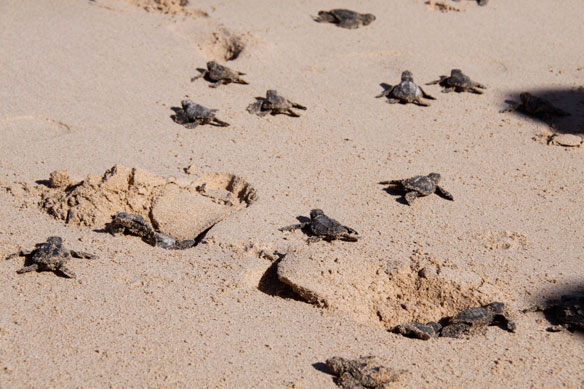
The struggle to save the already endangered green sea turtle faces a new challenge. Now, the males of the species seem to be disappearing.
For Marine Life, New Threats from a Fast-Tracked Canadian Pipeline
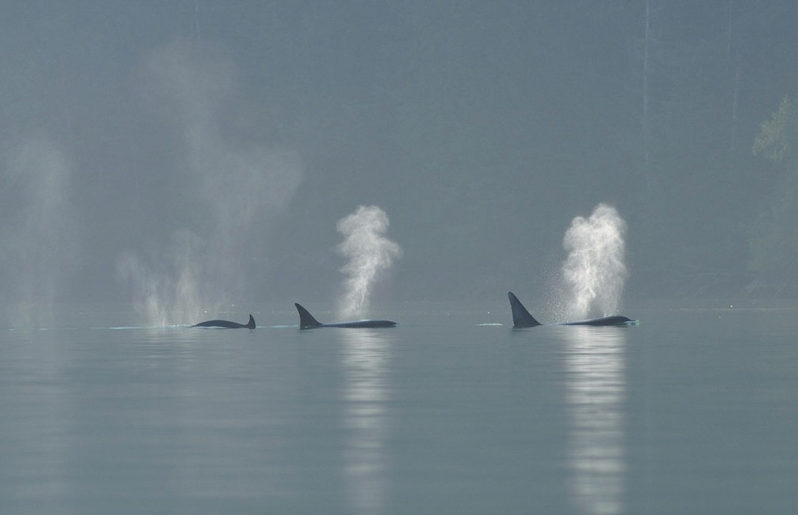
A new Canadian government-backed pipeline that will triple the amount of thick Alberta tar sands oil flowing to a British Columbia port poses significant risks for a threatened population of killer whales and other coastal marine life.
Troubled Waters

UCSB scientists find that wealthy nations are responsible for almost all of trackable industrial fishing across the global oceans.
How Do Marine Mammals Avoid the Bends?
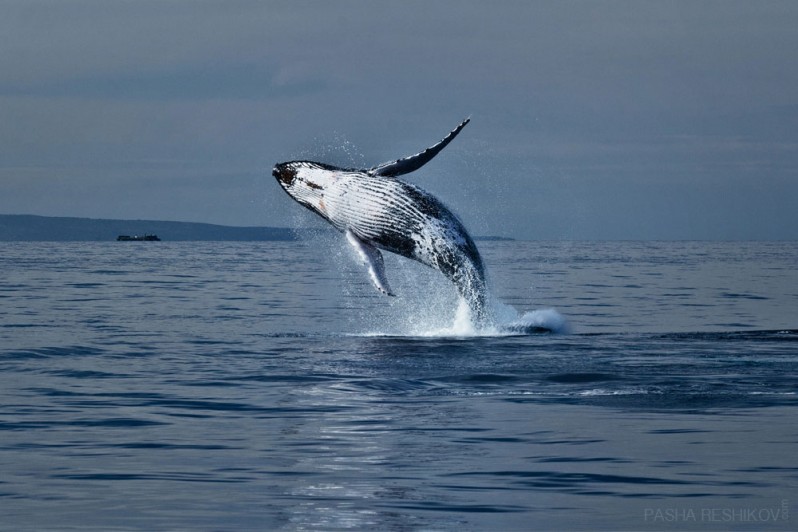
Unlike previously thought, deep-diving whales and other marine mammals can get the bends—the same painful and potentially life-threatening decompression sickness that strikes scuba divers who surface too quickly. A new study offers a hypothesis of how marine mammals generally avoid getting the bends and how they can succumb under stressful conditions.
Sea mammal on brink of extinction targeted by “mafias” in Baja, Mexico
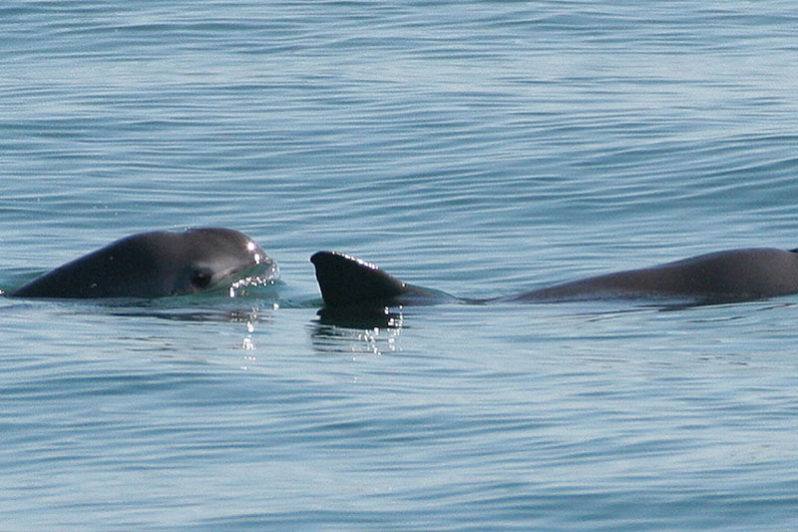
There’s a crisis going on in the Pacific Ocean as an innocent porpoise falls prey to money and greed. The Vaquita is only about 4 feet long, weighs less than 100 lbs and calls the waters off the coast of Baja, Mexico home. With fewer than 30 left, it’s the most endangered marine mammal in the world.
A mourning orca mother carried her dead baby for days through the ocean
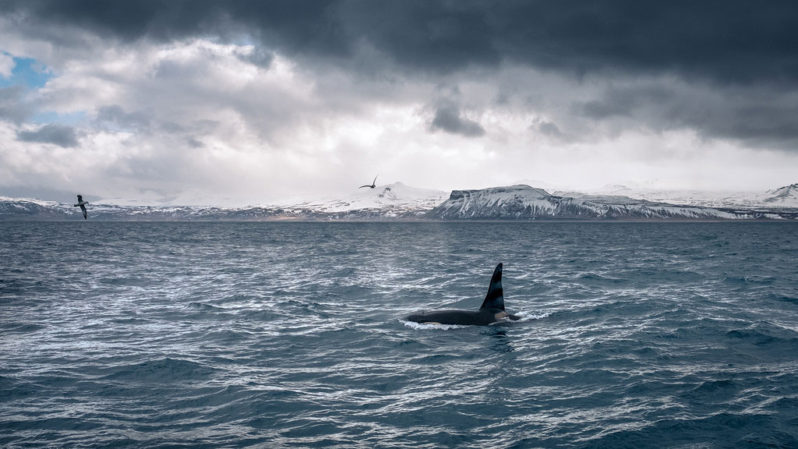
A grieving mother orca near Vancouver Island has been carrying her dead calf for four days, after refusing to leave her baby behind when the rest of her pod left. The sad display speaks to something deeper. Killer whales eat salmon, and a number of human practices, such as damming rivers, have taken a toll on native salmon populations.
Romans had whaling industry, archaeological excavation suggests
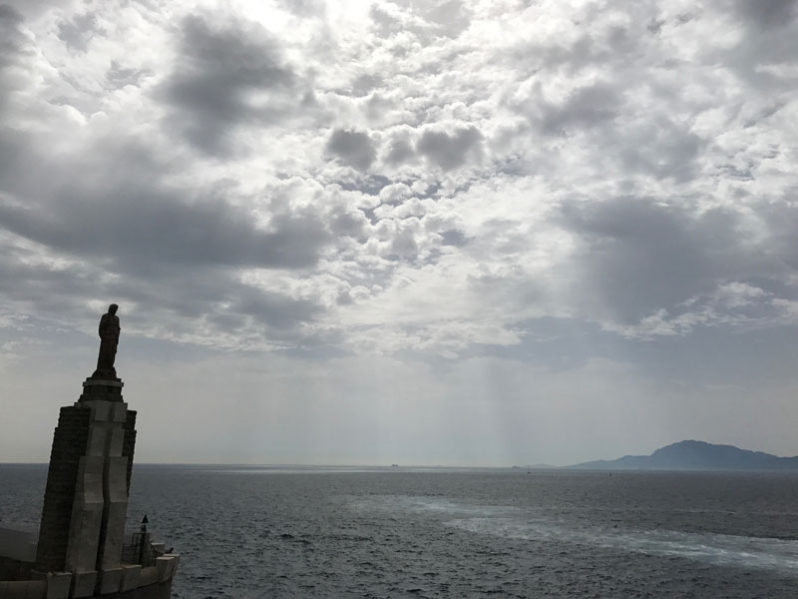
Ancient whale bones have been found on three Roman fish processing sites close to the Strait of Gibraltar. Until the recent discoveries it was unclear whether the whales’ habitat had ever included the Mediterranean.
Help Save the Vaquita; By NRDC

The vaquita marina is the world’s smallest and most endangered porpoise. They are only found in the northern part of the Gulf of California, a narrow body of water 100 miles south of the U.S. border with Mexico. There are fewer than 30 vaquitas left in the world
Improving seabird conservation in Patagonian ecosystems
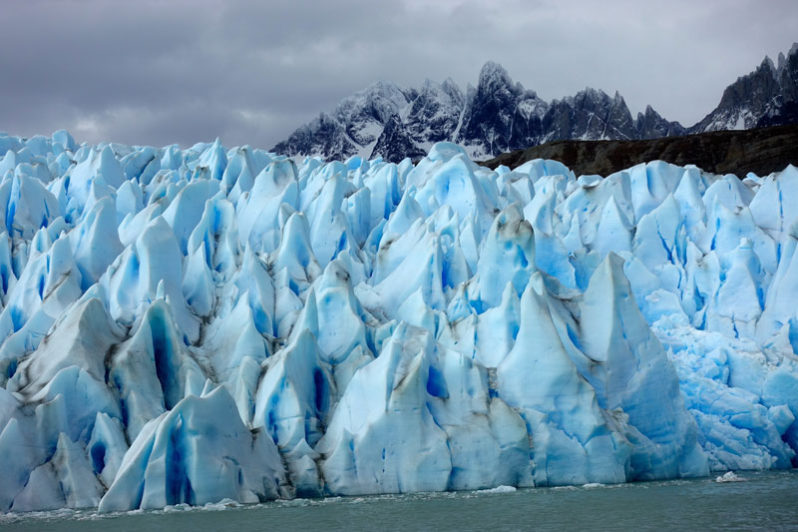
Preserving a 300,000 square km area in Patagonian waters could improve the conservation of 20 percent of the population of sea birds in their natural habitat. Marine ecosystems in the Argentinian Patagonia are one of the areas with a larger biodiversity and highest biological production worldwide.
